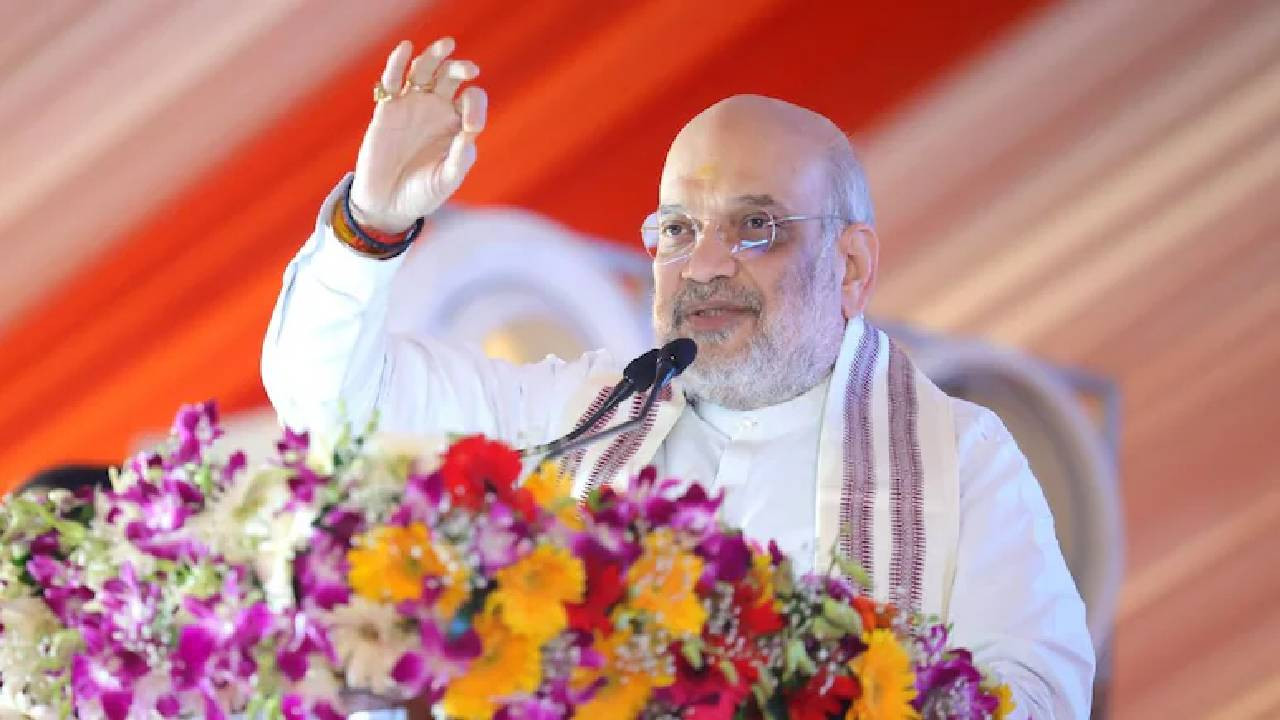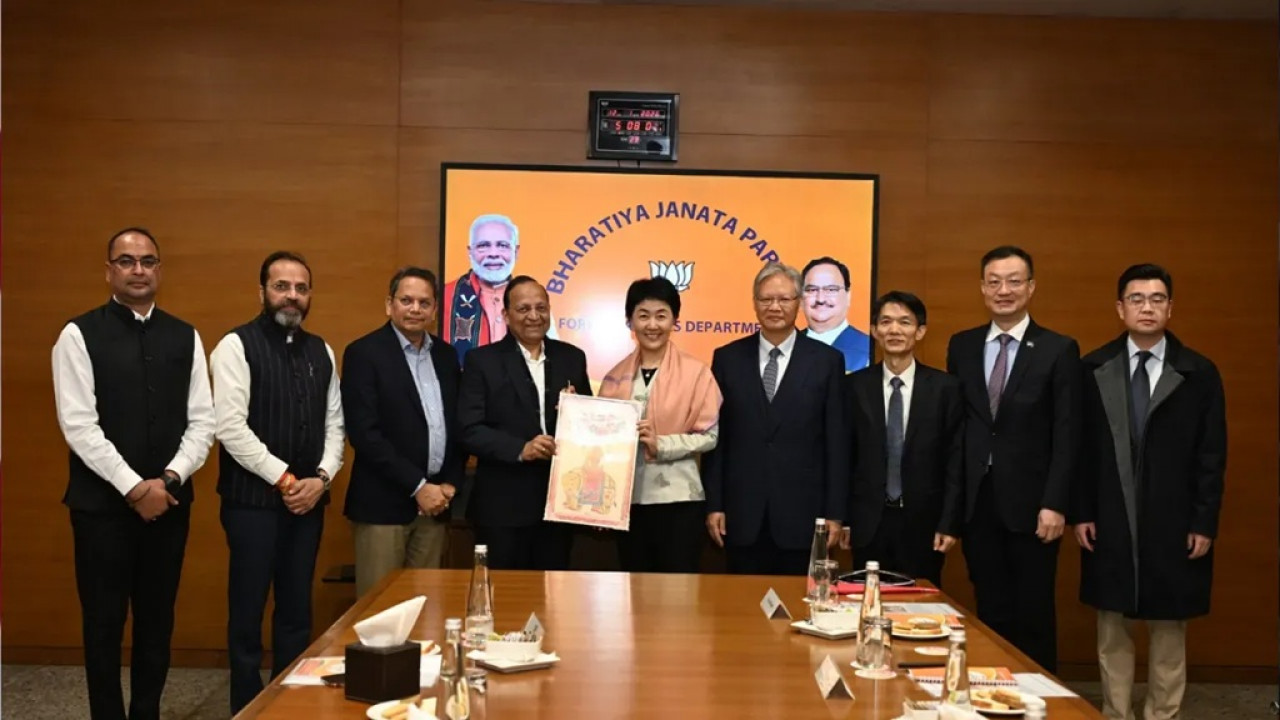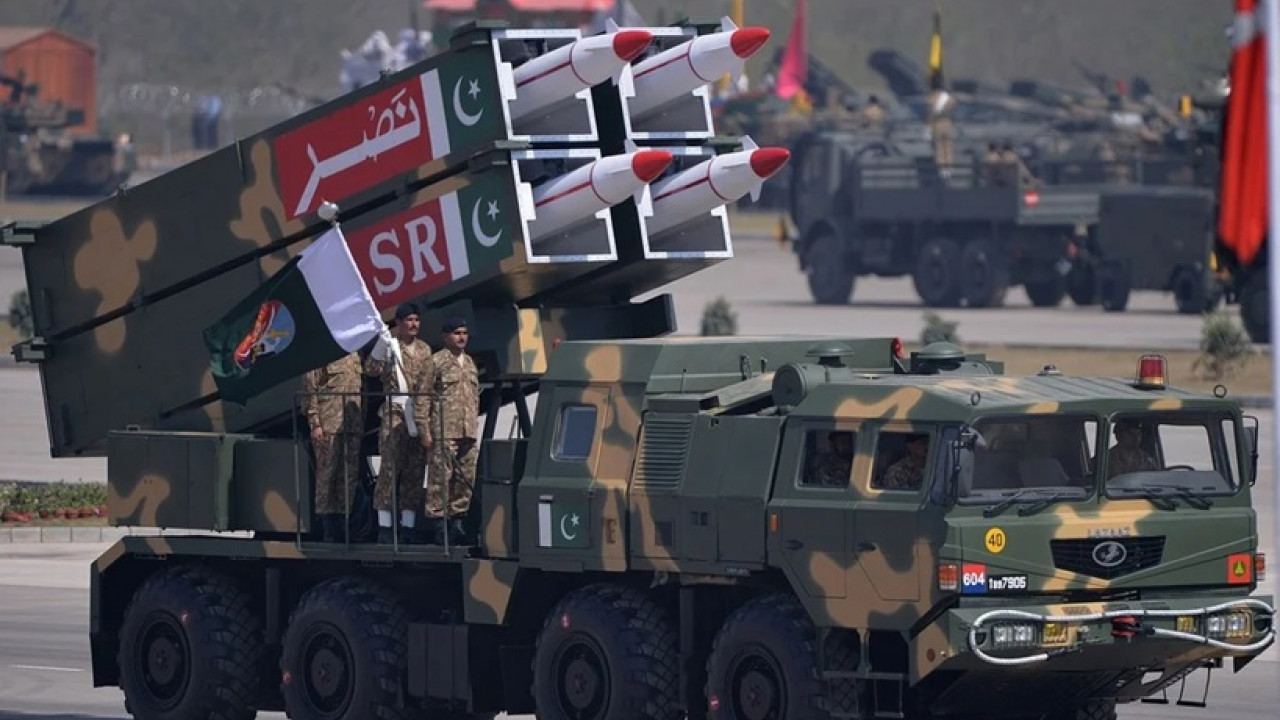The state of Bihar has also led the election scene in India by being the first state to apply the mobile based electronic voting during the municipal elections. The revolution alters the voting habits of Indians, and it brings with it both thrilling and great challenges that must be closely examined.
The Historic Launch: India's First Mobile E-Voting System
Entering Bihar On June 2025, Bihar launched the E-SECBHR mobile application, which was developed by C-DAC. The application wasused successfully in the municipal elections and by-poll on June 28, 2025, a first in the Indian election technology. E-voting targets individuals who tend to have difficulties voting like the elderly, disabled, pregnant women and migrant employees. With regards to its commitment to an inclusive democracy, Bihar depicts that no physical or geographical obstacle would prevent an individual to take part in voting, as the state has been keen on the issue of accessibility.
Cutting-Edge Technology Stack
The electronic voting system employed at the state of Bihar applies various sophisticated technologies to ensure security and integrity:
Blockchain Infrastructure: With blockchain technology, the system stores votes on the Polygon network that forms a permanent digital storage. This decentralised administrative method would ensure that the persuasion rate of the election would be virtually zero and that the entire process would be entirely transparent.
Advanced Biometric Verification: It employs a number of authentication-cheque systems: face-recognition applications juxtaposing a real-time image with a database of registered voters, liveness checking stopping attempts to employ photographs to steal an election, and the carrying out of extensive biometric cheques.
Digital Audit Trail: All transactions made by the e-voting are recorded step-by-step. This forms a full account audit trail which also increases accountability and transparency during the voting process.
Security Protocols: The system has stringent rules to require the two users to register under mobile number e.g. one user must register one mobile number but log into another user under another mobile number.
Broader Digital Infrastructure Developments
The digital innovation in Bihar has gone beyond the mobile application. A set of technology upgrades has been inaugurated by the State Election Commission which makes Bihar an electoral modernisation leader. Voter authentication is now done immediately using FaceValue Recognition Systems, and vote tallying and publication of results is done at a fast rate using Optical Character Recognition software. Security of traditional voting equipment is also enhanced by use of digital lock to EVM strongrooms.
Addressing Critical Concerns
Another data privacy and security practise that is subject to scrutiny is the e-voting of Bihar, despite being ground-breaking. The privacy activists are at odds with the harvesting and retention of extremely personalised biometric information, including the facial-recognition specifics.
lack of clear specifications concerning the proposed length of storage of those data, those to whom access can be achieved, any sense how data may be shared, has generated fair questions concerning privacy of the voters.
Since the system requires personally owned smartphones and the use of internet connexion, it also sheds some light on the issue of digital equity and limitations to citizens who do not have access to modern gadgets or have poor internet connexions. These obstacles highlight the major importance of the support system and the alternative access, which will be supportive enough and which will guarantee the highly inclusive participation.
Impact on Electoral Participation
There are early signs that the digital voting in Bihar would dramatically improve voting habits particularly among communities that have traditionally had voting obstacles. Mobile voting can also lead to an increase in the number of seniors and citizens with mobility challenges, and those with distances utilising the voting opportunities.
However, the success of the implementation of the system depends on the trust of the local people that outside communication should emphasise the security procedures, data protection, reliability etc.
Future Implications and Expansion
The pilot programme done successfully in Bihar has become enabled to draw attention throughout India. Most of the states are intensely observing to determine its success/ failure. It remains uncertain whether mobile e-voting is going to be deployed in the next Assembly elections in Bihar, scheduled to be held in October -November 2025.
Nevertheless, such precedent would encourage similar on-line voting experiments in other locations. The combination of the new technologies like blockchain with old voting technologies will be a significant indication of the new era in influencing democracy.
The case of Bihar with the experience of expanded digital governance will become one of the exemplars in scaling the penalty of e-voting systems across the country as India takes its technology execution to a subsequent level.
Challenges and Considerations Moving Forward
Implementing digital voting on a mass level presupposes paying attention to a number of primary issues. The technical infrastructure to support the scale of operation should be sound and cybersecurity set up must keep advanced to keep with new threats.
Education to the population is a necessity in creating confidence in the various voter groups. Regulations should also change, such as the protection of the data, the audit adventures, and conflict measures. The e-voting system in India will require a strike between being innovative and secure because this is crucial to long-term sustainability.
Conclusion: A Bold Step Toward Digital Democracy
The use of mobile e-voting in Bihar is not just a scorecard in terms of technology, it is an indication of India determined to make its democracy responsible and inclusive. Although privacy, security, and digital equity concerns are still there the initiative proves that technology can break the lack of democratic participation.
The states of other regions can study the achievements, as well as problems, of Bihar and create a more convenient, safer, and available process to vote using digital technology, and Indians can improve their ability to vote in more quantifiable amounts with the help of various technological costers. To be successful, it is important to have a balance between innovation to the foundations of democracy, which involves transparency, voter secrecy, and democratic integrity.
The trial of the digital voting in Bihar is something that brings a trailblazer in the democratic process in India and might instruct to the electoral world towards a more technologically integrated and inclusive future. The experience gathered through this innovative endeavour will determine the following phase of democratic society participation in the biggest of all democracies around the globe.













